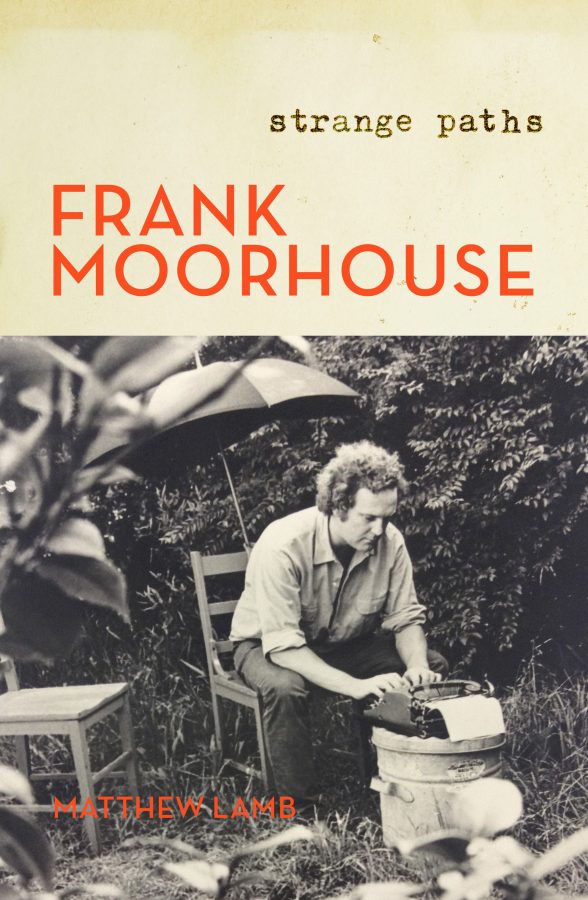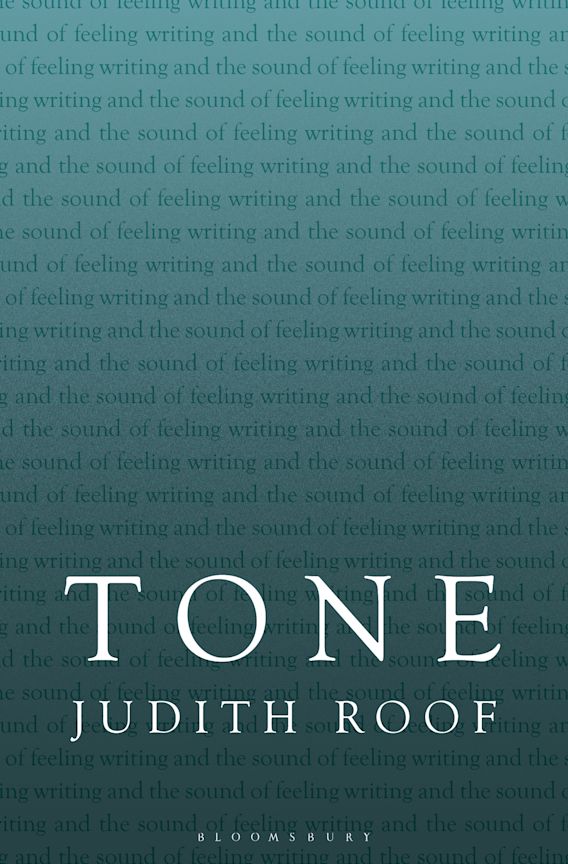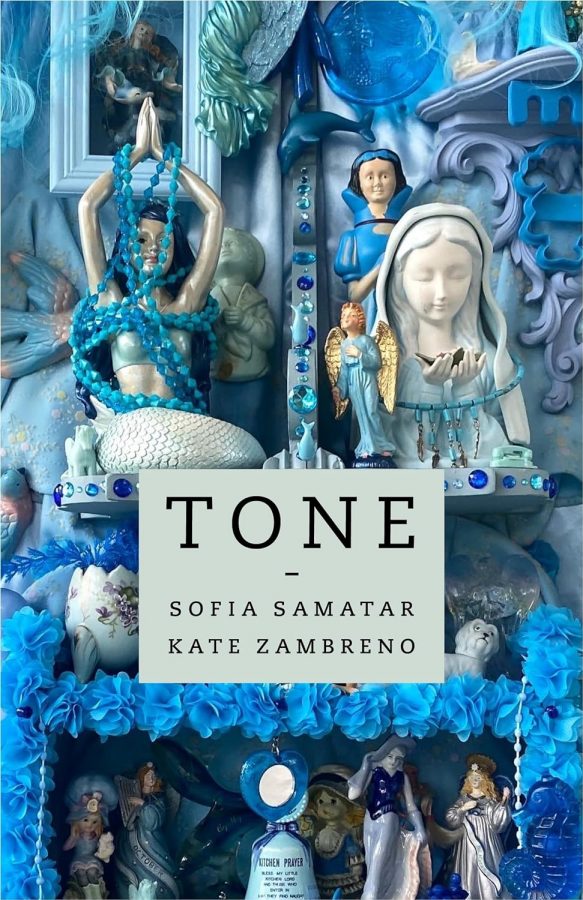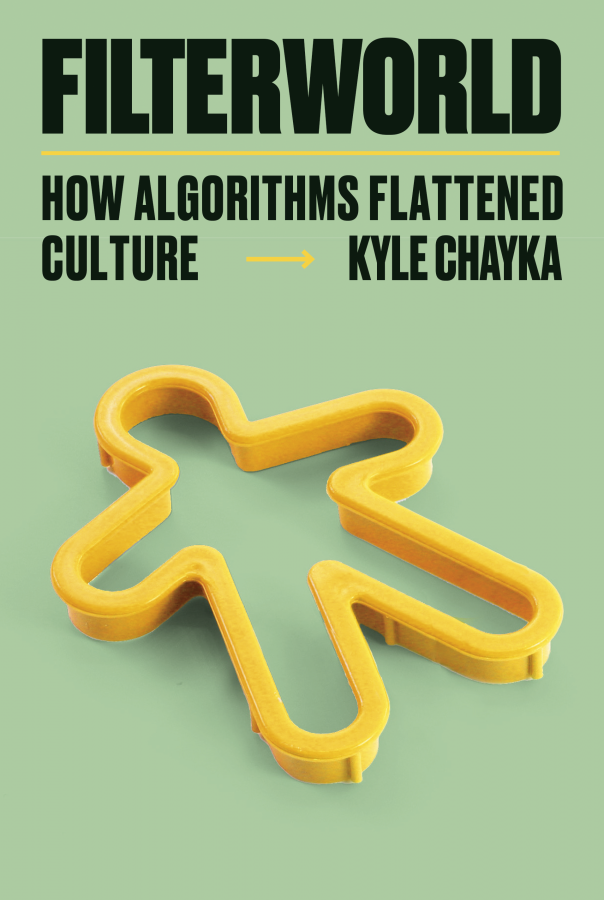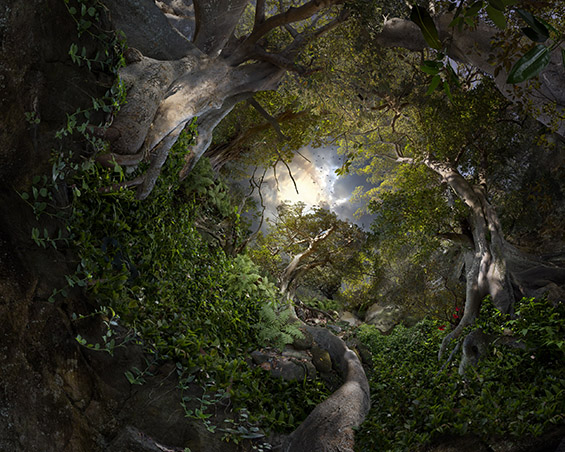
2014 has been something of a watershed year for books on Australian politics. Of course, this is hardly surprising. The soap opera of the Gillard and Rudd years will probably exercise politicians, analysts and biographers for years to come. But we are currently facing something of an armada – to steal a phrase from the popular media – of political memoirs and biographies. The most amusing of these (so far) has been Bob Carr’s Diary of a Foreign Minister, a book which captured public attention not so much for the former Foreign Minister’s contribution to international affairs, but for his interest in pyjamas, exercise and first class travel. Other political memoirs published this year include Greg Combet’s The Fights of My Life and Rob Oakeshott’s The Independent Member for Lyne. Then there is Bob Brown’s already top-selling reflections Optimism, which sold in record numbers at the Byron Bay Writers’ Festival. Still to come are memoirs from Tony Windsor and, of course, Julia Gillard, whose book My Story might rival – in Australia at least – Hilary Clinton’s memoir Hard Choices, a book that is continuing to dominate best-seller lists. The authorised biography of the current federal Treasurer, Hockey: Not Your Average Joe by Madonna King, has recently hit the shelves. And then there are the forthcoming studies by former politicians. In September Gareth Evans, another former Foreign Minister, will offer his insights in his new book Inside the Hawke Keating Government: A Diary, while October will see former Prime Minister John Howard launch The Menzies Era. Next week Wayne Swan will add his contribution to what might be called the ALP’s ‘In Hindsight’ files. Swan launches The Good Fight on Monday in Canberra, with another launch to follow in Sydney that night. The former Deputy Prime Minister and Treasurer will then spend the week moving up and down the east coast – from Melbourne, Brisbane, Sydney and Byron Bay – tending to a promotional schedule that looks almost as demanding as electioneering itself.
All of which brings to mind the words of Mr Die in Anthony Trollope’s The Bertrams:
‘In politics one should always look forward,’ he said, as he held up to the light the glass of old port which he was about to sip; ‘in real life it is better to look back, if one has anything to look back at.’
For those who would prefer to take leave from Australian political life there might be solace in knowing that September and October will be bumper months with several prominent overseas authors releasing new novels. Expect to see work from Sarah Waters, Ian McEwan, Martin Amis, Rachel Cusk, Will Self, David Mitchell, Ali Smith, Howard Jacobson, Margaret Drabble and Haruki Murakami, to name just a few.
Popular culture enthusiasts will have to wait a little longer before sating their appetites, with April 2015 now set as the release date for the century’s most hotly anticipated collection of contemporary, self-taken portraits. Captured and curated by that doyenne of the selfie, Kim Kardashian, the aptly titled Selfish promises to do for cultural analysis what the cane toad did to grey backed beetles. For those readers concerned that Kardashian’s work could be too subtle, I recommend investing in Anne Manne’s excellent new study The Life of I: The New Culture of Narcissism.
Here at the SRB we love celebrating a win, especially those of early career writers. This week we are happy to report that Canberra-based writer Lucy Nelson has been selected as the recipient of the 2014 Templeberg Residential Writing Fellowship. Nelson will fly to Sri Lanka in November to work on a novel set in a rural part of that country. The novel is about the ‘secrets that make slaves of their keepers’. Nelson is well positioned to immerse herself in Sri Lankan culture. She has close ties with a Sinhalese family in Australia and has already spent some time in Sri Lanka learning to speak Sinhala.
This week also saw the announcement of several shortlists including the 2014 NSW Premier’s History Awards. Eight judges reviewed over 150 entries across five prize categories. The winner of this year’s Stella Prize, Clare Wright, is among the writers shortlisted for her book The Forgotten Rebels of Eureka. The winners of the Premier’s Prize will be announced on 5 September as part of the launch of NSW History Week.
The Australian Crime Writers’ Association also announced the shortlist for the 2014 Ned Kelly Awards. Known affectionately as ‘The Neds’, the award is now the country’s oldest prize for crime fiction and true crime writing. Six writers made this year’s finals – P. M. Newton for Beams Falling, Garry Disher for Bitter Wash Road, Kathryn Fox for Fatal Impact, Adrian McInty for In the Morning I’ll Be Gone, Stephen Orr for One Boy Missing and Angela Savage for The Dying Beach. The winner will be announced at the Brisbane Writers’ Festival on 6 July.
Further afield, Fiona McFarlane continues to impress judges and readers alike. McFarlane’s debut novel The Night Guest, which made several shortlists in Australia, including the Miles Franklin, has now been long-listed for the prestigious Guardian First Book Award. McFarlane is competing with ten other novelists for the £10,000 (AU $18 000) prize – including Gruff Rhys, lead singer of the Super Furry Animals, whose book American Interior: The Quixotic Journey of John Evans has also just been nominated for the Gordon Burn Prize. McFarlane has been published to some acclaim in the UK with both the Guardian and the Independent praising her work. Lucy Sussex has reviewed The Night Guest for the SRB, describing it as ‘unpredictable and unusual’.
This week we feature two new review essays. The first, ‘Pity’s Cost’ by Susan Sheridan, is a review of Elizabeth Harrower’s newly released novel In Certain Circles. Harrower became friends with Christina Stead during the later years of Stead’s life. ‘Both writers,’ notes Sheridan, ‘specialise in characters who prey on each other, “executioners” endlessly tormenting their victims in the privacy of their own homes.’ Harrower explored this theme in novels such as The Watch Tower and The Catherine Wheel, which have come to be regarded as Australian classics. As Sheridan writes, In Certain Circles moves through similar themes of love and pity but ‘without the concentrated ferocious malignity’ of The Watch Tower. The novel is, concludes Sheridan, an important addition to Harrower’s oeuvre, one that raises questions about the ‘story of Australian fiction in the post-war period’.
Our second essay comes courtesy of the SRB’s editor, James Ley, who won this year’s Pascall Prize for the Australian Critic of the Year. In ‘Earthly happenings’, Ley writes about a recently published collection of essays by the great twentieth century literary critic Erich Auerbach. The collection, Time, History, and Literature, brings together twenty of Auerbach’s essays, twelve of which have never before appeared in English translation. Auerbach cultivated what Ley calls a ‘grounded, very particular and worldly view – one that would seem to eschew the overt ideological, religious and nationalistic identifications of many of his contemporaries’. The essay also considers Auerbach’s most famous work, Mimesis, a book written during ‘some of the darkest days of World War II’, when the German-born Auerbach was living in exile in Istanbul after losing his academic post as a result of the Nuremburg laws.
From the Archives brings you Pulitzer Prize winner Jane Smiley who wrote for us in 2013 on ‘The Most Important Question’ – a question she says was first posed in the 1540s by Marguerite of Navarre. Our second Archives essay is ‘I Refuse to Rock n Roll’, in which James Ley looks at J. C. Kannemer’s biography J. M. Coetzee: A Life in Writing. It begins with a discussion of Coetzee’s lecture, ‘What is a Classic’, which would seem apt given the subjects of this week’s feature essays.
Our perspective-defying image is by the Australian artist Catherine Nelson. ‘Gully’ is a pigment print made from a digital photograph. Nelson is well known in Australia not only as a photographer, but also as a visual effects artist on films such as Moulin Rouge, Harry Potter and the Prisoner of Azkaban, 300 and Australia.
Read the correspondence for ’15 August 2014: political memoirs’.
